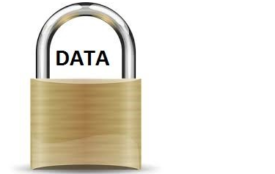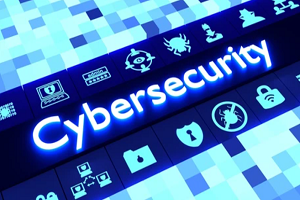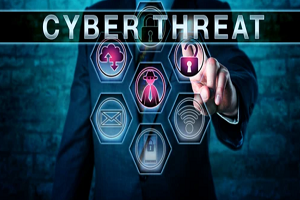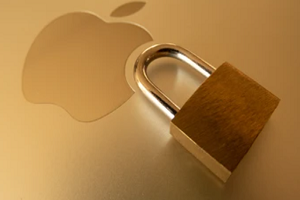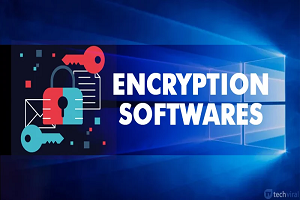What is Data Security?
In simple words, data security refers to a set of practices to provide data protection from unauthorized access and unwanted corruption. The main goal here is to safeguard privacy while providing protection to corporate or personal data.
Backups, data erasure, and data masking are some of the examples of data security technologies. A vital measure of this technology is encryption. This procedure encrypts software or hardware, hard drives, and digital data that, in turn, results in unreadable data. It protects confidential and important data from hackers and unauthorized users.

Importance of Data Security
Nowadays, we are living in a sea of data. From our desktop, laptop to tablet and smartphone, every day we are dealing with loads of data. Almost every person has lots of important, sensitive, and confidential information stored on different systems.
All these pieces of information should be provided with a strong protection so that no one can access them (other than the owner).
How to Protect Data
Protecting one’s personal information can be helpful to minimize risk regarding identity theft. We are all aware of the importance of data security but how can we implement that? Let’s check.
Some main steps are there through which you can provide strong protection for your data:
- We share different types of information with many people on a regular basis, therefore, it is very important to keep track of all of such activities.
- Store and discard your personal data and information in a secure way (like your Social Security number).
- If you are bound to share your personal information with someone, then don’t forget to verify the credibility of that person (or that organization).
- It is essential to maintain proper security on computers along with other electronic gadgets.
- Never share any type of personal information over the telephone, the internet or via mail unless you have contacted that person or organization for any inquiry (after proper verification).
- Before disposing of a system, all personal data should be removed properly. In case of a computer, you can use a wipe utility program and in case of the mobile device, you can check the website of the particular service provider/Utility app.
- Now, it is a well-known fact that we should always use strong passwords in all of our systems, bank, credit, and rest of other accounts. Never reveal any username or password to someone.
- Encryption plays a vital role in the concept of data security. To provide a strong protection to your online transactions, always use encryption software. It will help to scramble the information you are sending over the internet. Never share excessive personal information (full name, address, social security number, account numbers or phone number) on Social Networking websites.
- Malware is a common threat to information. To prevent dangerous malware attack, you must install and make use of anti-spyware and antivirus software on all of your devices.
- Be very careful about phishing emails. Refrain yourself from opening files, clicking on links, or downloading anything sent by unknowns. Never save any kind of confidential information in multiuser accessible systems.
It is not a comprehensive list. The main thing is you need to become smart and use your intelligence while dealing with electronic systems and online data.
